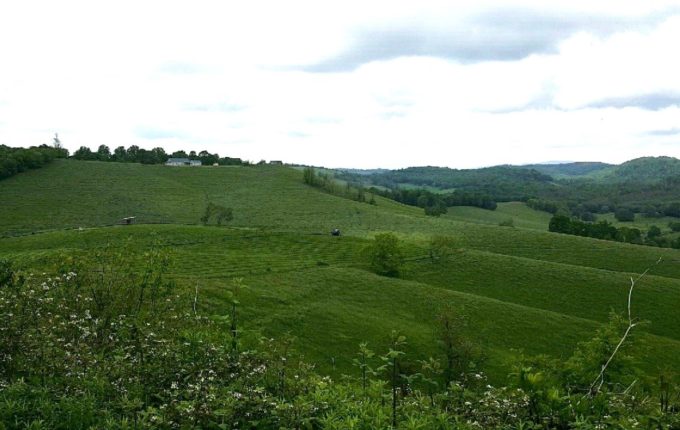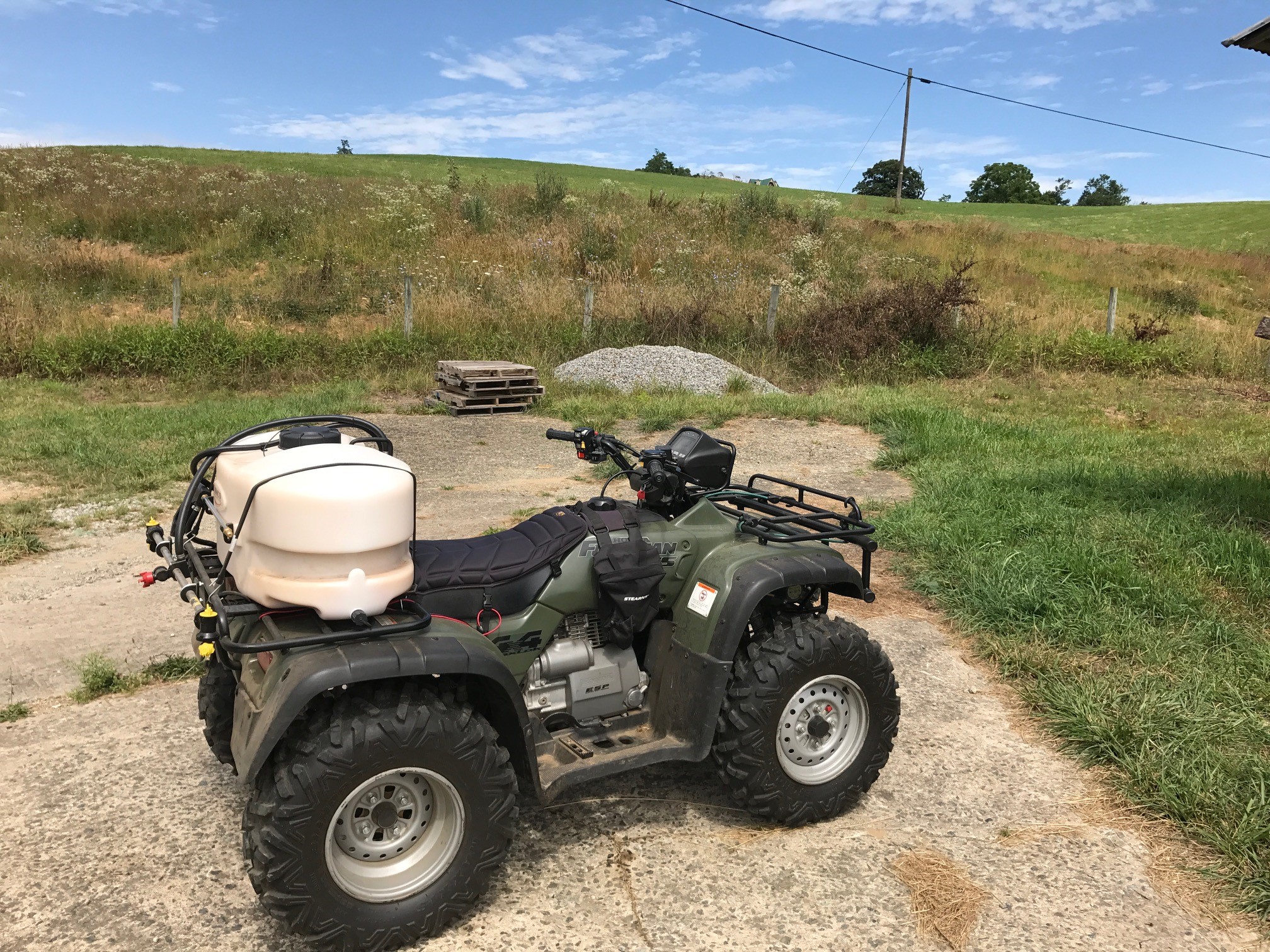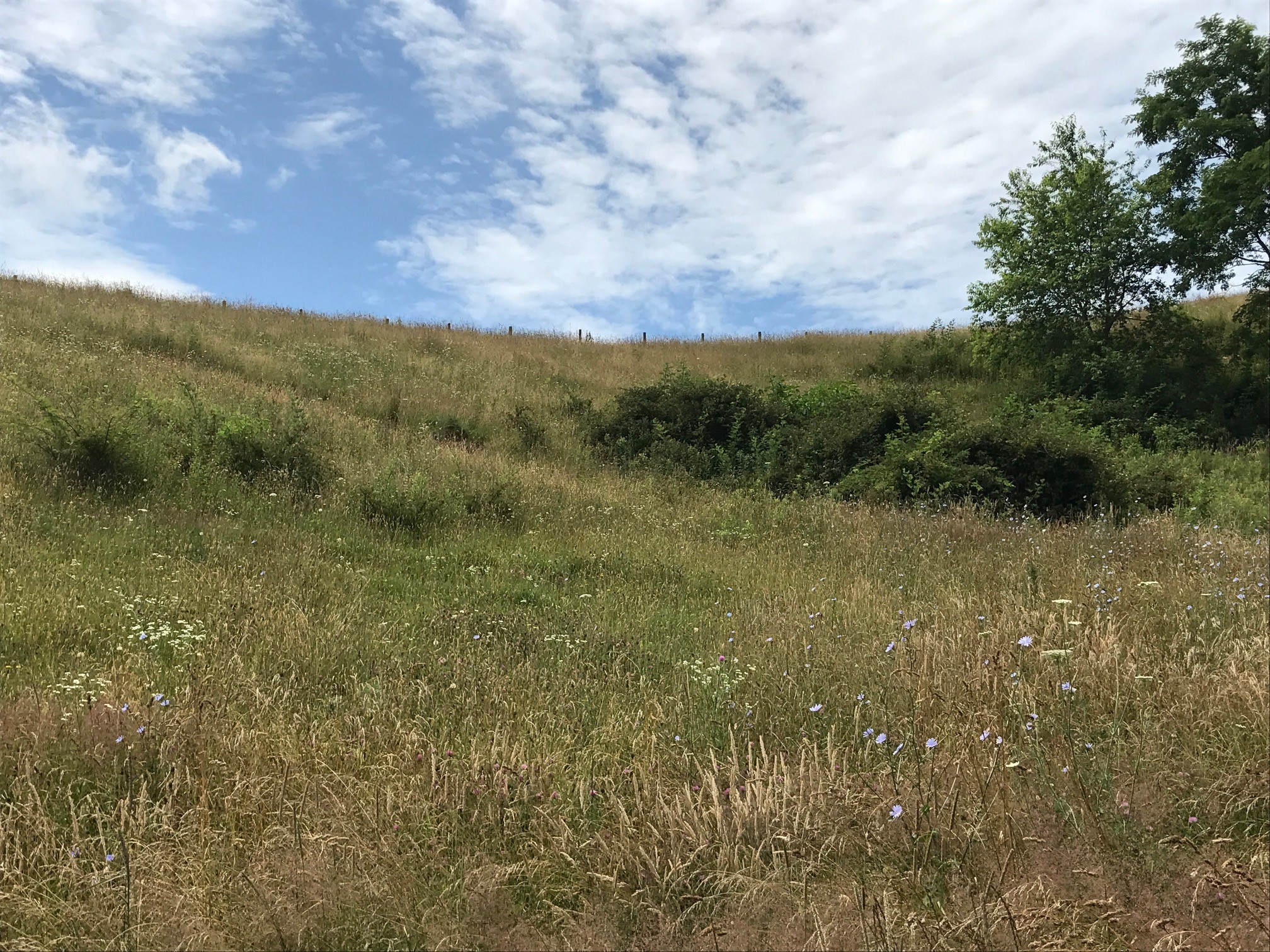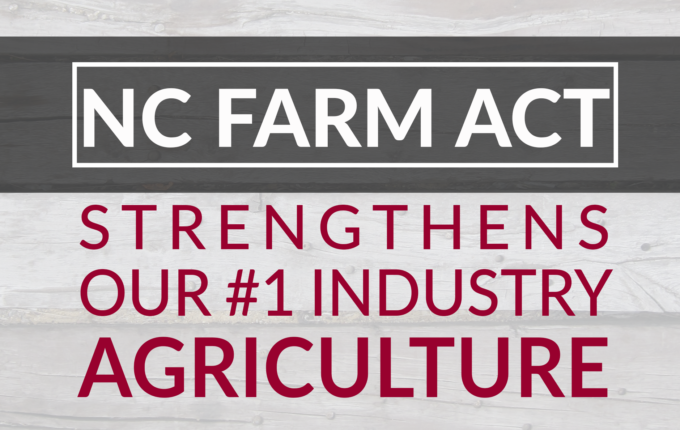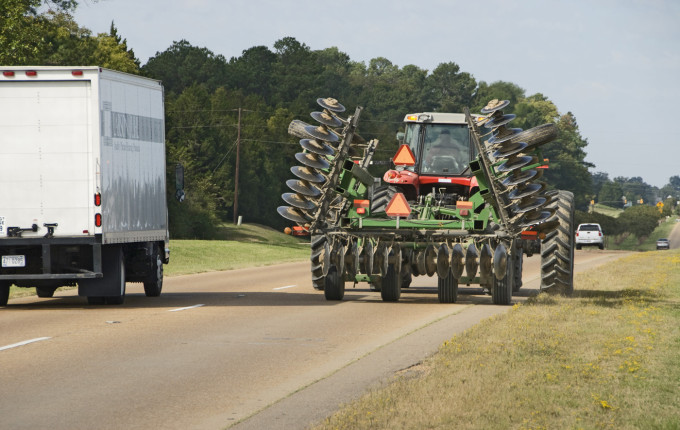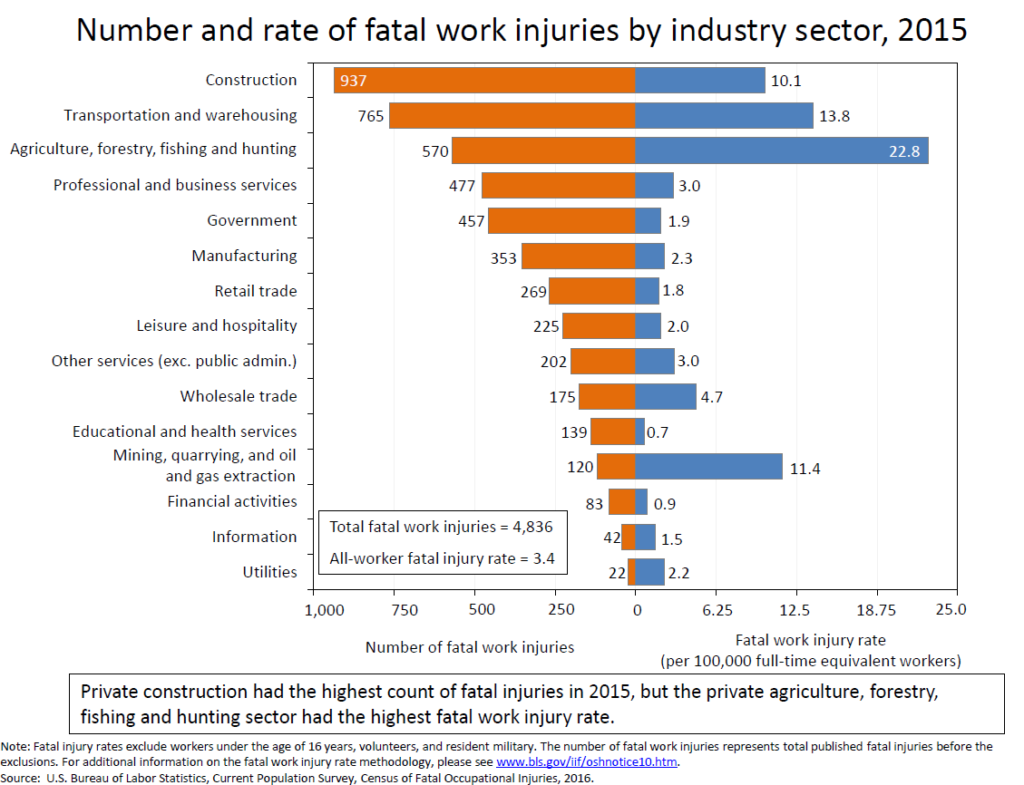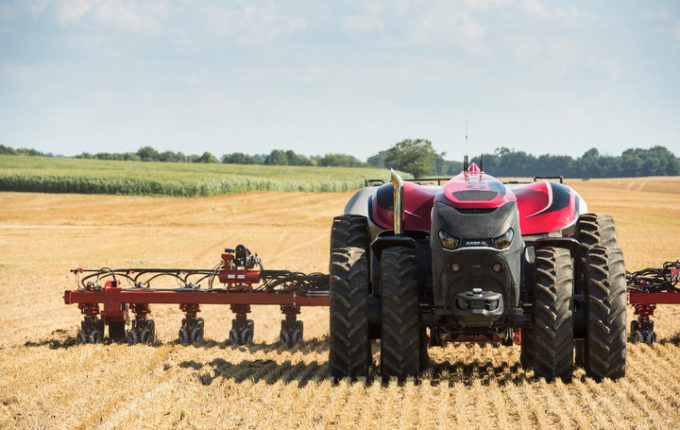Written by Michelle Lovejoy, Executive Director of the North Carolina Foundation for Soil and Water Conservation
“I saw drought devastation in nine states. I talked with families who had lost their wheat crop, lost their corn crop, lost their livestock, lost the water in their well, lost their garden and come through to the end of the summer without one dollar of cash resources, facing a winter without feed or food — facing a planting season without seed to put in the ground.” – President Franklin Delano Roosevelt
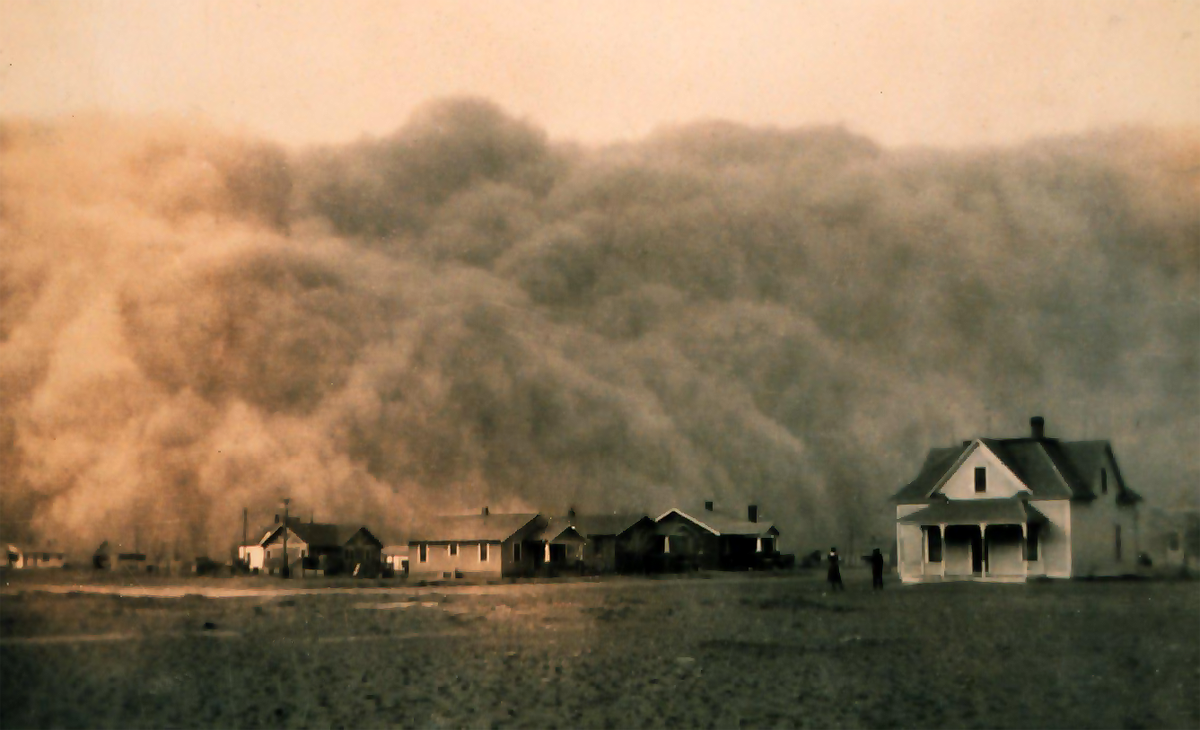 In this quote, FDR is describing his 1936 trip to the Dust Bowl: a 150,000-square-mile area, including the Oklahoma and Texas panhandles and bordering sections of Kansas, Colorado, and New Mexico that was struck by what some scientists believe to be the most severe drought in 300 years. The massive problem started when the drought killed crops that kept the soil in place. Then intense winds raised gigantic dust clouds that would completely cover homes, suffocate livestock and caused pneumonia in many children. It was so strong and unyielding that it even blew dust all the way to Washington, D.C.
In this quote, FDR is describing his 1936 trip to the Dust Bowl: a 150,000-square-mile area, including the Oklahoma and Texas panhandles and bordering sections of Kansas, Colorado, and New Mexico that was struck by what some scientists believe to be the most severe drought in 300 years. The massive problem started when the drought killed crops that kept the soil in place. Then intense winds raised gigantic dust clouds that would completely cover homes, suffocate livestock and caused pneumonia in many children. It was so strong and unyielding that it even blew dust all the way to Washington, D.C.
But how does North Carolina tie into the Dust Bowl?
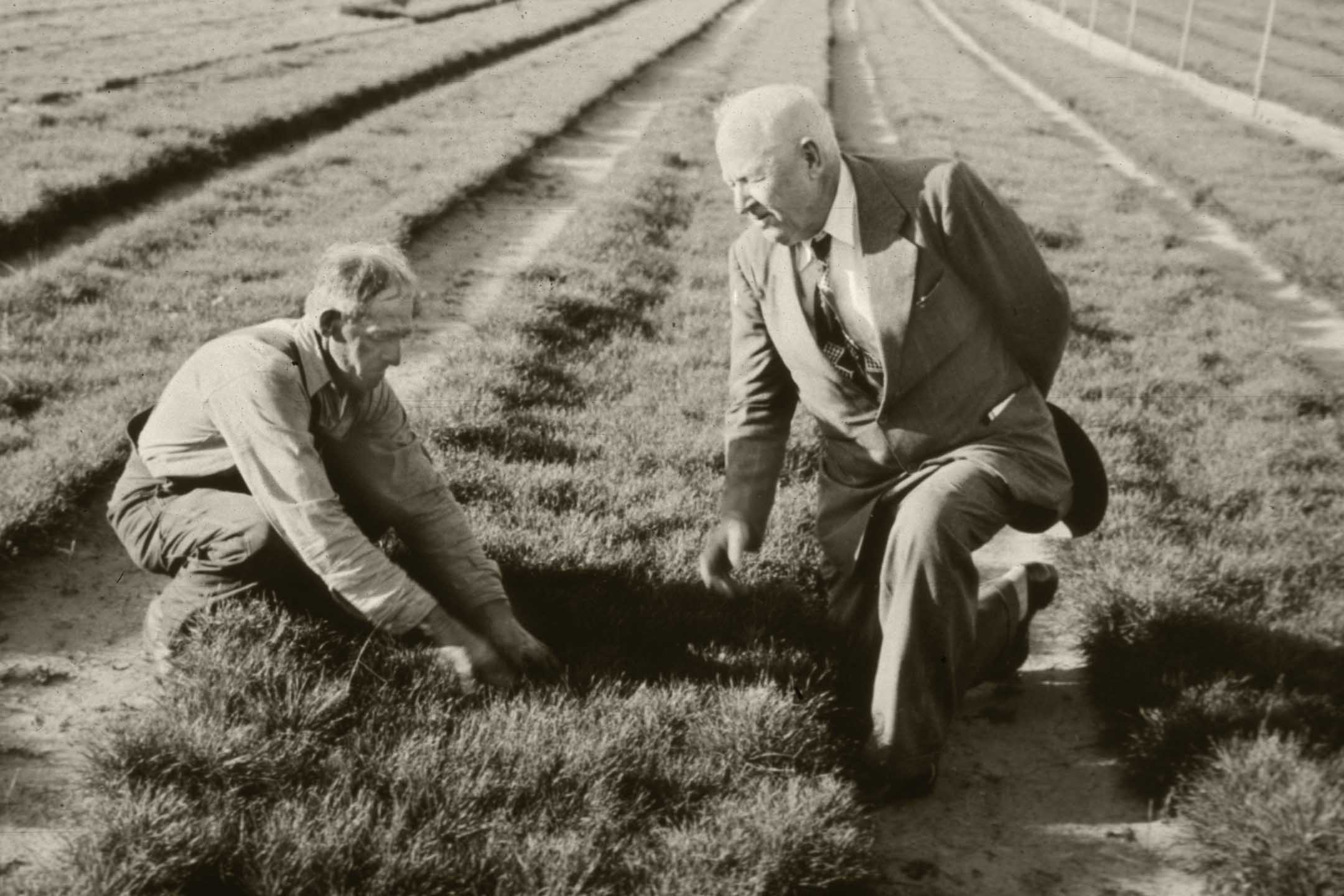 North Carolina (Wadesboro) is home to the Father of Soil Conservation, Dr. Hugh Hammond Bennett. After accepting a job with the USDA Bureau of Soils in 1903, Bennett went on to spend the next three decades studying soils across the US and abroad, and he became convinced that soil erosion was “the biggest problem confronting the farmers of the Nation over a tremendous part of its agricultural lands.” Soil conservation became his life’s work.
North Carolina (Wadesboro) is home to the Father of Soil Conservation, Dr. Hugh Hammond Bennett. After accepting a job with the USDA Bureau of Soils in 1903, Bennett went on to spend the next three decades studying soils across the US and abroad, and he became convinced that soil erosion was “the biggest problem confronting the farmers of the Nation over a tremendous part of its agricultural lands.” Soil conservation became his life’s work.
Dr. Bennett was a smart man and a great communicator. He knew that he needed to drive the point home to Congress so they would understand soil erosion as the “National Menace”. The story goes that in 1935, he started tracking a large dust storm traveling from Oklahoma to Washington, D.C. He began his plea to Congress and had a runner staged to bring updates of the storm’s movement. At the pivotal point, he stepped down from the podium and threw open the window. As the soil flew in he said, “Gentlemen, that is Oklahoma,” – and with that, the Soil Conservation Act was passed.
Why did he recommend soil and water conservation districts?



